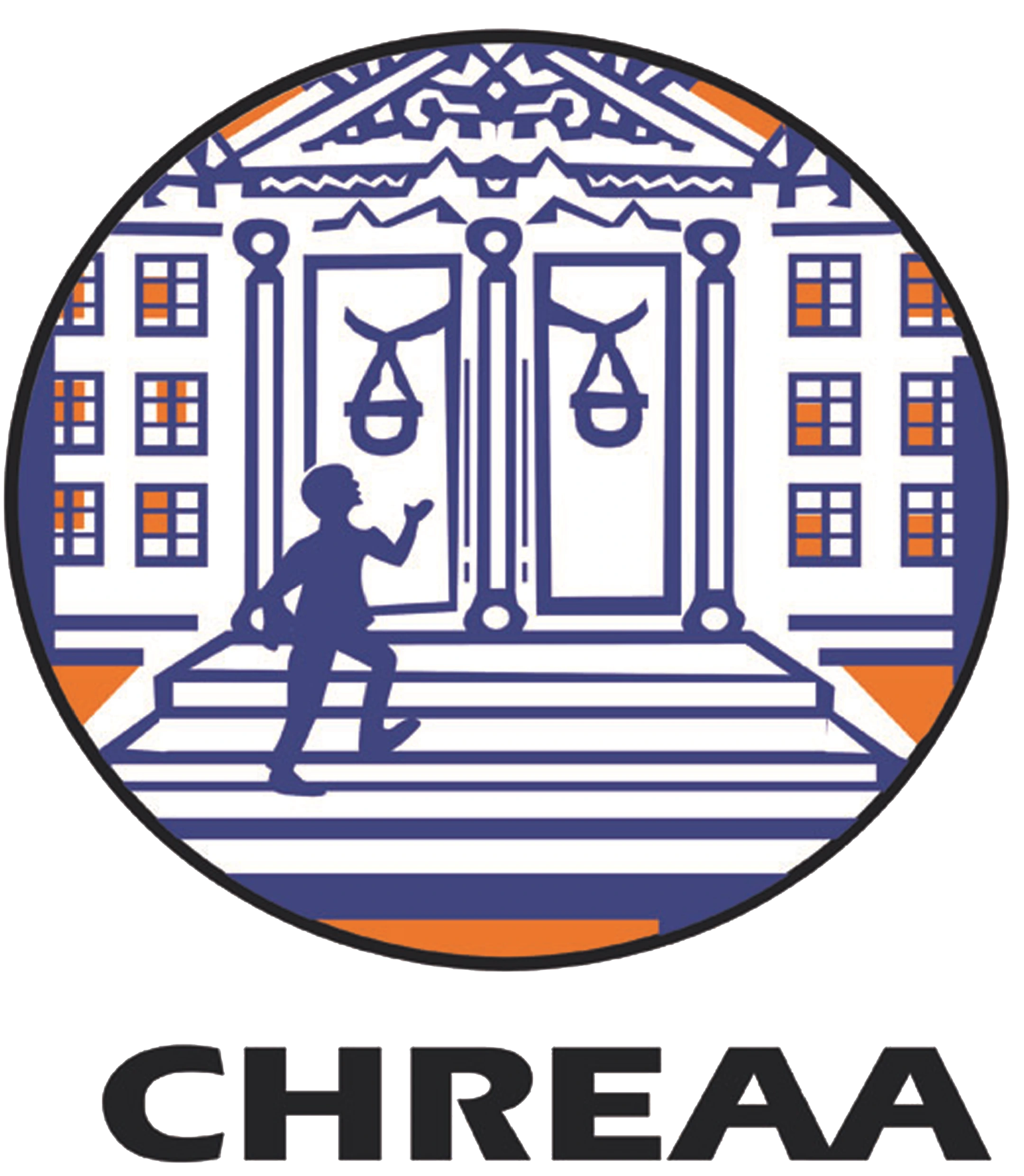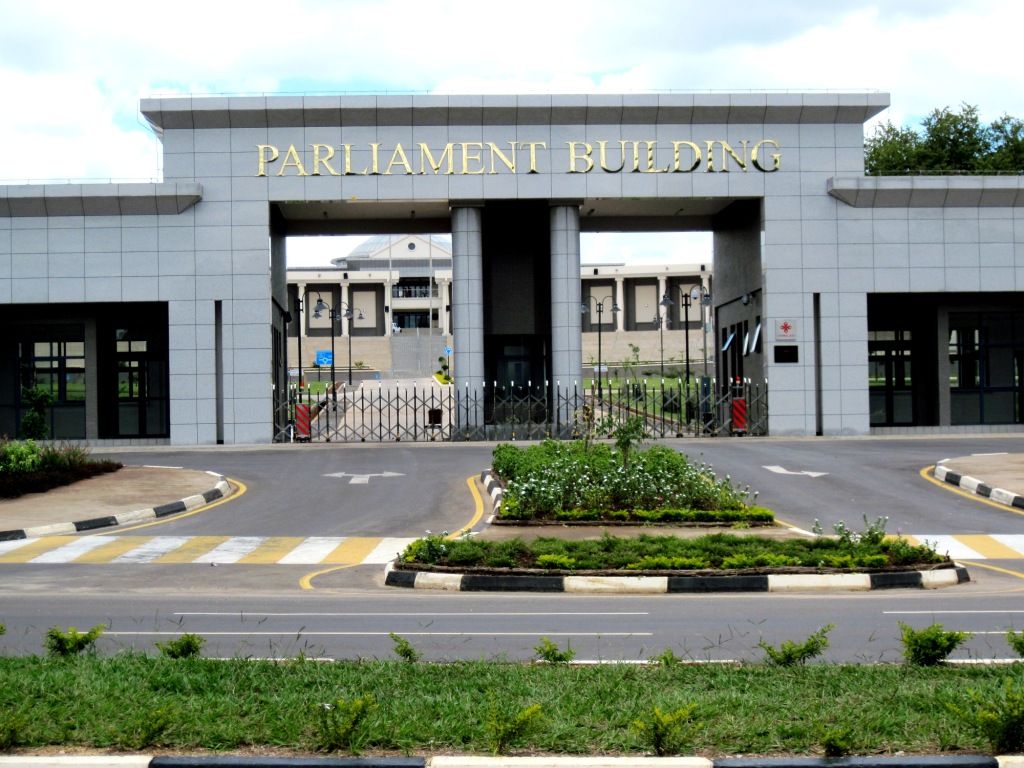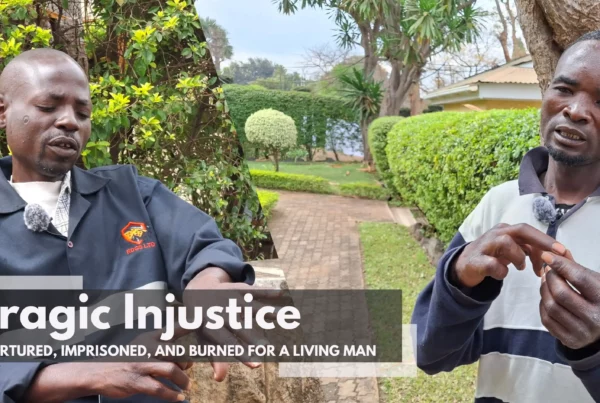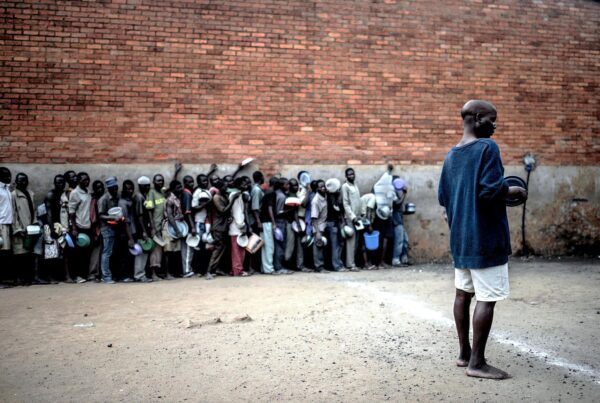On 4 September 2024, the Parliament of Malawi adopted the report by the legal affairs committee to review vagrancy offences in the Penal Code. This follows a 2017 judgement by the High Court in Mayeso Gwanda v State that declared section 184(1(c) of the Penal Code unconstitutional and a 2022 judgment in State v Banda and others that called for a review of section 184 in its entirety.
During the parliamentary sitting, the Chairperson of the Committee Hon. Peter Dimba noted that the review of vagrancy offences would protect fundamental human rights as the laws often lead to arbitrary arrests that affect marginalised individuals. The Committee urged the government through the Ministry of Justice to facilitate the amendment Bill on selected sections as a matter of urgency with due regard to the timelines given by the Court.
The Committee through its second speaker, Hon. Yusuf Nthenda recognised the 2020 advisory opinion by the African Court on Human and Peoples’ Rights which noted that vagrancy laws in many African countries, including Malawi are incompatible with various human rights instruments. It noted that the committee’s recommendations align with the African Court’s findings.
The Committee also noted the importance of capacity-building law enforcement agencies as the effectiveness of legal reforms depends on their ability to implement them properly. During the sitting, the Chairperson of the Legal Affairs Committee also noted that other archaic laws in the Penal Code would need to be reviewed, such as attempted suicide offences.
The Minister of Justice, Honourable Titus Mvalo SC, also supported the review of vagrancy offences in the Penal Code and called for a thorough review to take out the archaic Penal Code offences.
“This is a huge milestone in the campaign for decriminalisation of petty offences in Africa. It is high time that parliament take time to review colonial laws that have been used to oppress the marginalised groups in society.” Stated Chikondi Chijozi, SALC, Criminal Justice Lead.
Victor Mhango, the Executive Director of CHREAA also expressed his excitement about the development in Parliament, “When we see such overwhelming support coming from the Committee as well as Government, it shows that our democracy has progressed and that we are putting human rights in the forefront. We however hope that Parliament and the Ministry of Justice are mindful that the time set by the Court expired on 22 July 2024 and that they will do their best to table the Bill in the next sitting.”
While this is a good development, more needs to be done to reform the law, such as introducing an amendment Bill to the Penal Code and working in collaboration with civil society organisations to repeal laws criminalising marginalised persons and violating their human rights.
Find full speeches here:




